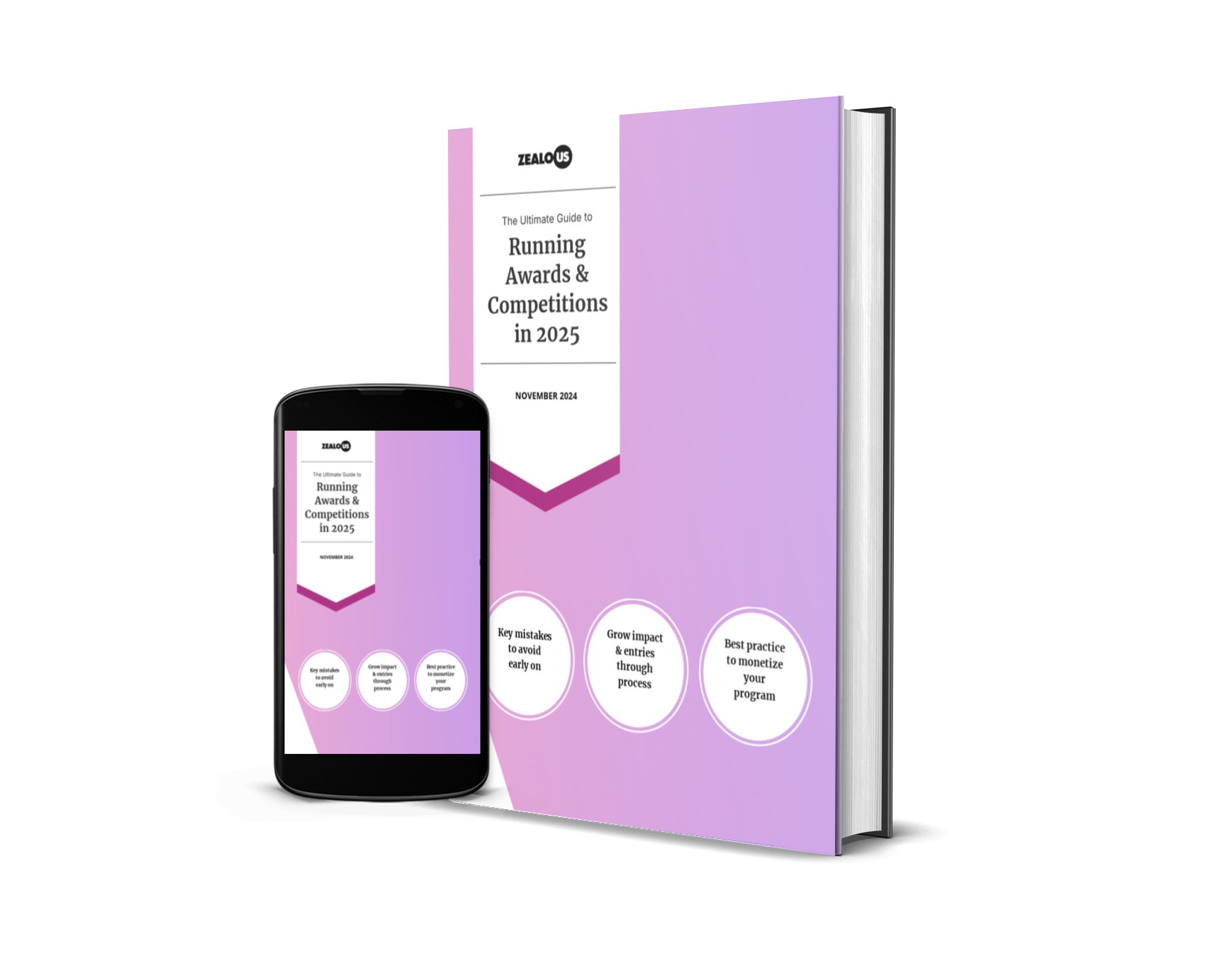History repeats itself

We are not the first generation to face this level of adversity. Looking at the past, great changes happen all the time, and these have often brought about opportunities to fundamentally change society for the better.
- The black death in the fourteenth century led to ~40% of the population of Europe being wiped out (200 million people) but also made the renaissance possible.
- In the mid-seventeenth century, most people in London were drunk. Favouring ale to London’s highly polluted river water. The arrival of coffee triggered a dawn of sobriety that laid the foundations for spectacular economic growth, the modern propagation of news and indirectly fueled the age of enlightenment.
- The efficient shipping infrastructure which we now depend on for cheap deliveries was born out of the development of containerization to revitalise rail companies after the Wall Street Crash in 1929.
When big changes happen, we should do everything in our power to minimise the impact it has on our communities; But when the situation feels out of our control, we have to remember that these often lead to opportunities and it is down to us evolve to flourish in this new world.
Creativity as an agent of change
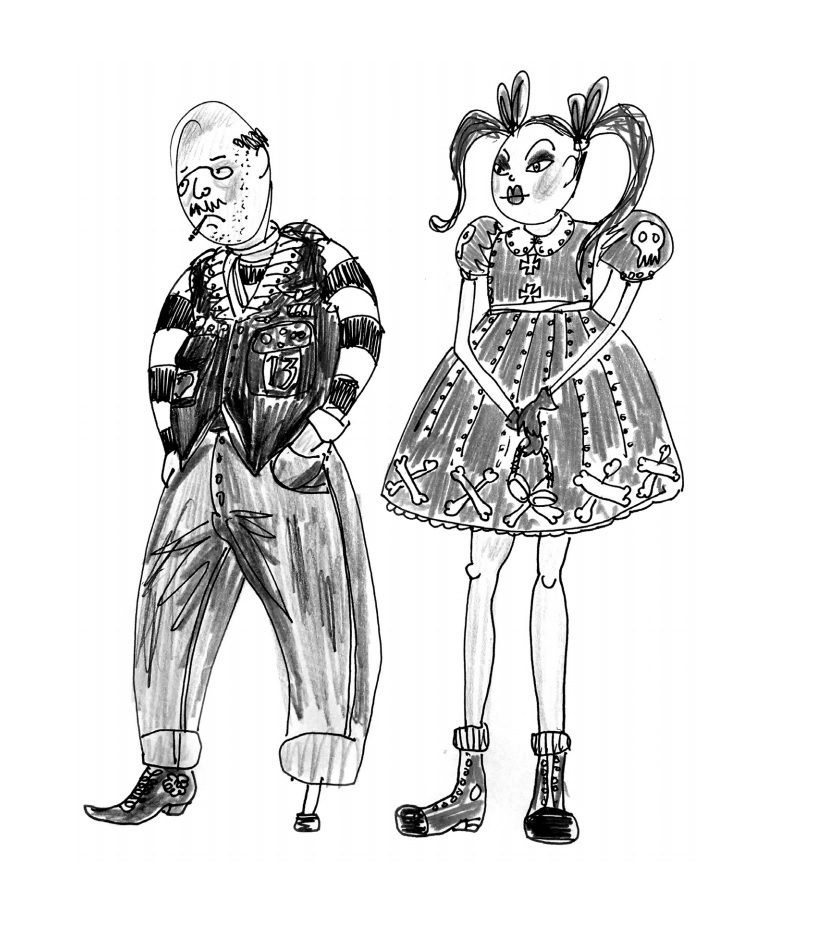
When normality shifts – humanity depends on creativity to evolve and grow. Creativity play a big role in seeing the world of tomorrow, accepting it, and weaving ourselves into its future.
And by creativity I do not mean drawing or writing – these are the products of creating. Creativity is a state of mind – it allows us to see the world differently to others and come up with new ideas and solutions to existing problems.
Creativity is looking at your garden as a 99-year-old veteran and thinking I will raise money for charity by walking it 100 times. This is what transforms restaurants into farmers markets, converts your brewery into a factory for hand sanitizer, mobilises arts organisations to create stay at home packs, and brings together people on Zoom to create “sofa choirs”.
Having been lucky to work with some incredible creators I thought I would share their views and experiences to allow you as individuals and companies to use creativity to support you overcome the challenges you face.
Tip 1
For Individuals
Know you are creative
There is no such thing as a person who is not creative. Knowing that is the first step to allowing you to give yourself the confidence and space to create.
For Businesses
Good ideas come from anyone
Your current workforce is sitting on thousands of untapped ideas that could help you evolve your business. Yes, most ideas will not work – but making time and resources for people to explore these ideas can lead to some incredible results. Google is famous for having given its employees time off to explore projects which would benefit the company – this led to Gmail, google news, and AdSense – which in 2014 made up 21% of Google’s total profits ($14 billion). With the right process in place, you can balance the risks and rewards of allowing everyone in your company to have the power to transform it.
Change is uncomfortable
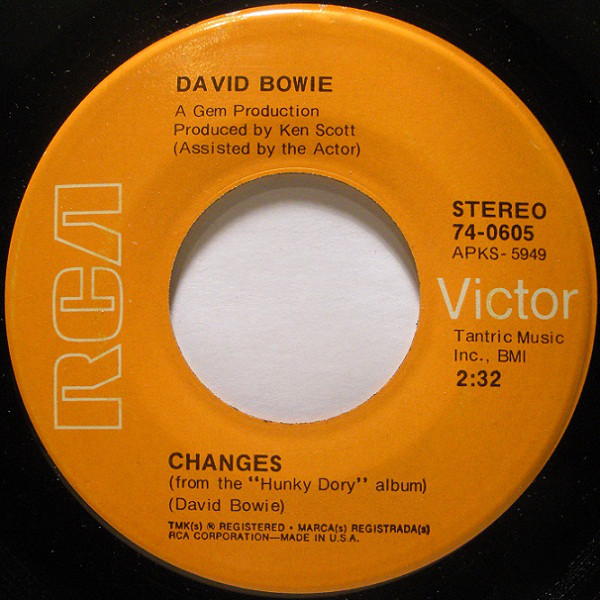
If you are uncomfortable with change, you are not the only one.
Routine is built into our biology and is a big reason our species has survived. Having a rhythm allows us to simplify the complex world around us and focus on what matters most – when we break that rhythm, we lose our remote control, arrive to work late, get irritated at the smallest of things…
Tip 2
For Individuals
Discomfort is natural
If you have no control over the situation – do not waste your energy trying to change it – spend your energy on embracing it.
The faster you accept it, the faster you can start working on solutions to increase your comfort in this new world. Of course, this is easier said than done and falls more into behavioural psychology.
If you are really struggling with change you might find “Who moved my cheese” helpful.
For Smaller Businesses
Speed is everything
The merits of being a smaller business are that you are more agile.
When the rules of the game change, the speed at which you respond is critical in allowing you to subsist and grow. Following the same plan blindly is not an option.
If your business has run dry – think about what you have access to, what people need, and work backward. This will allow you to transform your restaurant into a farmer’s market.
For Larger Businesses
Develop agility
Large businesses can weather increasingly large changes – but this often leads to a lack of agility.
Being agile and large is hard – but it is vital to embrace the opportunities in times of change.
Giving your support to smaller businesses who are solving problems you face or creating your own standalone projects can allow you to explore opportunities in an evolving marketplace.
Know problems have multiple solutions

When the Americans went to space, they spent millions of dollars on developing a zero-gravity ballpoint pen – when asked what they used – the Russians responded – a pencil. This story, which is often shared at conferences, is not actually true but demonstrates beautifully that problems have multiple solutions, some more expensive than others.
From a very young age our education system trains us to solve questions with one answer and move to the next question. We are not really taught to question why it was done in a particular way in the first place or explore alternative ways of solving problems.
Creativity is knowing there are multiple solutions to one problem – allowing us to explore alternatives and come up with better approaches.
Tip 3
For Individuals
Do not stop at the first solution
School teaches us to move to the next question once the previous question is answered – creativity does not work that way.
Knowing there are different options allows you to experiment. You are not done once you have found a solution, you are done once you have found the best solution you can find, in the time you are given.
For Businesses
Good ideas need space
A minute saved whilst coming up with a solution to a problem – could be hours of time wasted further down the line. But also know that creativity takes time – you will need to give your workforce time and space to create.
One of the many reasons people have ideas in the shower – is that it is the only remaining place where we are left alone to our thoughts without external inputs – unless you have a waterproof mobile phone.
Create, Destroy, Repeat..

Internet lore states that the opening chapter for the first Harry Potter book was re-written 15 times; and I’m sure it got better each time.
You might feel that destroying some of your work is counter-intuitive, but it is essential to improving what you create. Like writing page, ripping it and throwing it in the bin – a fresh white page is made available but the experience of writing the first page stays with you – allowing you to write a better one next time. Nothing is wasted.
The creative process requires endurance and grit – creating, destroying, and creating again.
Tip 4
For Individuals
Do NOT give up
Remove the pressure – it is normal that you will not get it right the first time around. Our society celebrates achievement – but always forgets to shed light on how long it took to get there.
Thinking you got it right the first-time round leads to half-baked ideas.
Remove any ego and challenge everything you create; and I guarantee you, you will create better.
For Businesses
If you’re not failing, you’re not innovating
Failing means you are willing to take risks. The first hand sanitiser Brewdog created was rejected by the NHS – that did not stop them from trying again and succeeding. Giving them incredible exposure to their brand.
Reacting negatively to your teams failures will be remembered by your workforce and ultimately impact your ability to innovate.
Don’t fear constraints
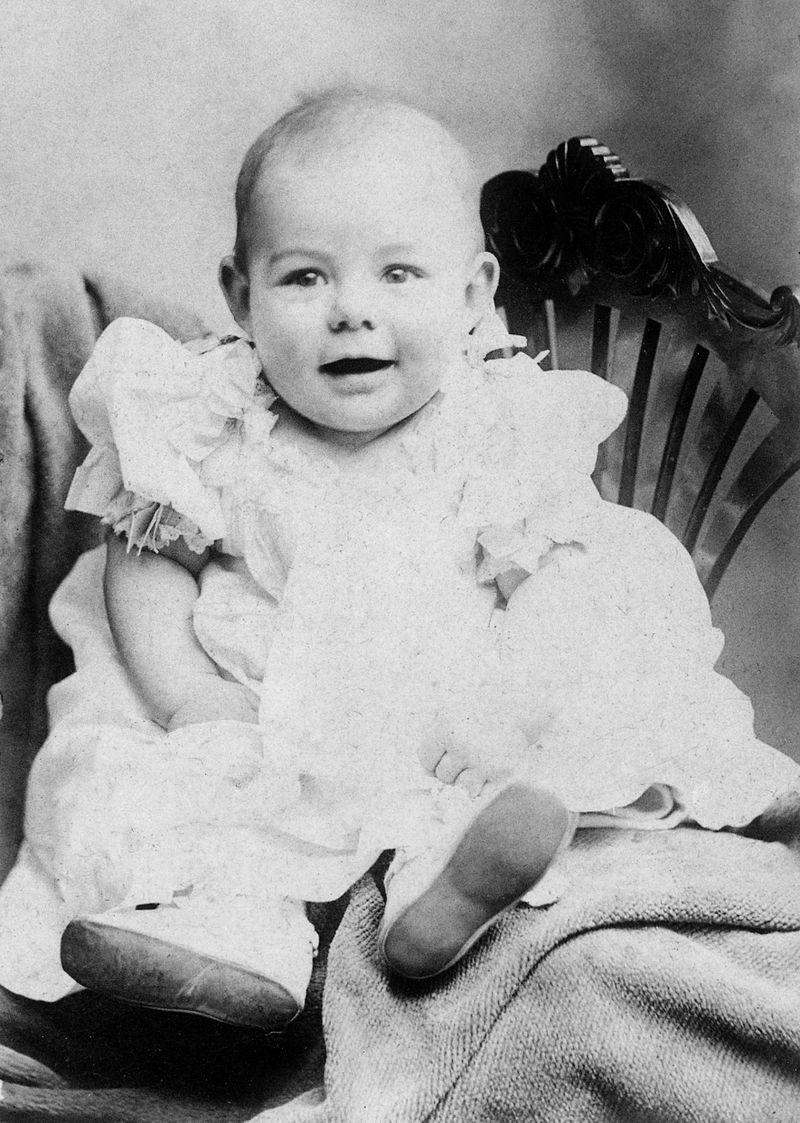
There is an anecdote that says Ernest Hemingway was asked to write a novel in 6 words. This is what he came up with:
For sale, baby shoes, never worn
Deep emotions can be created with very little. Captain Tom’s idea was heavily restricted to what he had access to – his garden.
It is likely that our resources have been impacted by the current situation; but this doesn’t mean our creativity is restrained – quite the opposite – constraints help us be more creative.
Tip 5
For Individuals
Less can be more
Reducing what you have access to allows your mind to be more creative. Constraints can be good; they give you a starting point.
If you are having trouble solving a problem or creating– break it down and strip it back.
You do not need to come up with the perfect solution, but you can come up with multiple smaller solutions that will, in turn, help you remove the block.
For Businesses
Think inside the box
“Blue sky thinking”, “thinking outside the box”, “thought showers” … management-speak gets in the way of what you are really trying to do. Solve a problem.
Set a clear problem, with clear parameters and you will get better results. Once that is done walk out of the room.
Create feedback loops so you can check the project is going in the right direction over time – but always walk out to give your team space to innovate.
Balanced media diet

Creativity is about connections, every one of your experiences feeds your imagination and your ability to innovate. If you read what everyone else reads, you see the same films, you have the same life experiences – it is going to be hard to come up with an original thought.
Everything you consume is a resource for your imagination. Opportunities often lie at the intersection of multiple disciplines. Just like your diet – eating varied foods will allow your body to work better – consuming varied content will allow your mind to work better too.
Being in isolation has already impacted your routine, so you might be finding yourself being more creative and dreaming more. Embrace it and channel it into something constructive.
Tip 6
For Individuals
Diversify your experience
Reading something you would not normally help spark original thought – think about ordering a book written by someone out of your gender, race…
Further challenge your routine –, switch your spot at the dinner table…this will keep things fresh even when access to the outside world is lacking.
For Businesses
Diversify your workforce
This does not just mean gender and race, but backgrounds and experiences. Hire people you may not agree with – and foster their individuality.
A study of Broadway musicals identified that there was a golden ratio for creating blockbuster hits. Have a team made up of 60% who had worked with one another before and 40% fresh talent who they had never worked with would allow for the best box office takings.
Building tomorrow
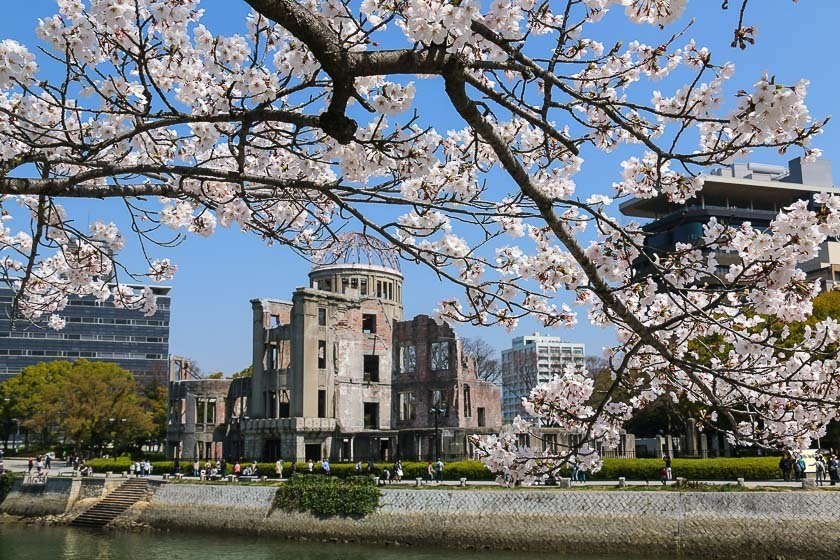
On the 6th of August 1945, a bomb detonated 2,000 feet above the city of Hiroshima. Instantly destroying five miles square miles of the city and killing 80,000 (with a further 55,000 succumbing later to injuries and radiation). Yet, within this chaos of human tragedy – the bank of Japan reopened within 2 days in building without a roof, inviting other banks to their space. They provided the population access to their money to allow them to begin rebuilding their lives under an open sky. Protecting themselves with umbrellas when it rained. Within 2 years the city was rebuilt.
The challenges we face are of course different and are personal to us, but we should take comfort that even in the darkest of hours humanity has succeeded in overcoming adversity and flourished.
The sooner we accept our discomfort is natural. The sooner we feel empowered to change things around us with our own ingenuity and creativity. The sooner we can start creating the world we wish to live in tomorrow.
Let us know you want us to write more content like this with a love!
Share

Guy Armitage is the founder of Zealous and author of “Everyone is Creative“. He is on a mission to amplify the world’s creative potential.
